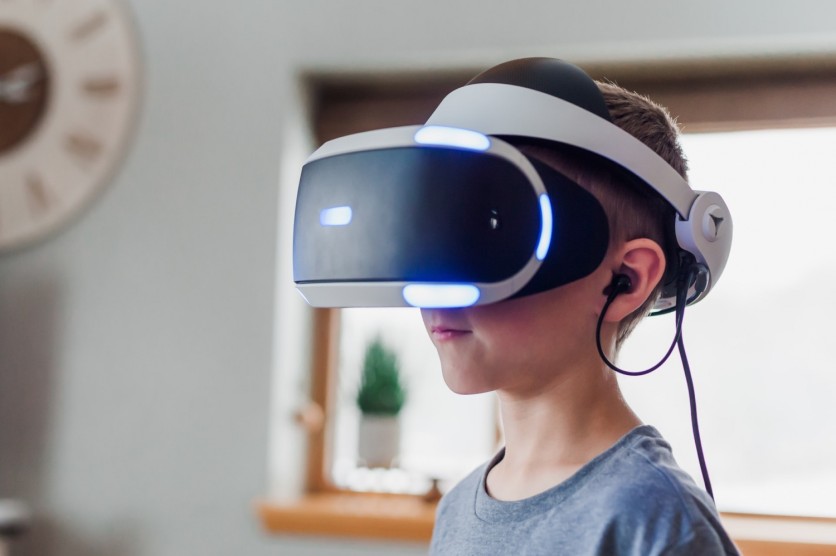Virtual Reality (VR) is to be used as a tool to help people with a visual condition called "Lazy Eye" to correct it using a novel treatment from Luminopia that modifies movies to watch and correct its case. The health tech venture has gotten its FDA approval, and it would serve as one of the first treatments for this neuro-visual disorder.
VR for Lazy Eye Treatment from Luminopia

Who knew that VR could also be used to treat eye conditions and not just simply cause more problems or eye strain for a person? Well, that is with Luminopia and its medical technology that helped in developing virtual reality to fight against the condition known as amblyopia or lazy eye.
"The idea of prescribing TV shows and movies to treat amblyopia in children instead of eye patches or eye drops is an exciting prospect."
--David G. Hunter, MD, Ph.D., Ophthalmologist-in-Chief, Richard Robb Chair in Ophthalmology, Boston Children's Hospital* and advisor to Luminopia.
This is a different approach to the condition for children known as "Lazy Eye," especially as it previously only used eye patches and drops to help and ease its condition. Moreover, other forms of therapy to avoid vision loss on the said eye.
VR for Treatment is a new approach to the condition, especially as it encourages the use of the eye more, instead of keeping it in the dark with the patch. Potentially, it could help avoid losing the vision and correct the condition for the children that suffer from it.
Luminopia One: Movie Mods for Health
According to Luminopia, the VR treatment is called "Luminopia One," and it is a novel approach to treating lazy eyes at a shorter time and using modified movies for children to enjoy. It would only require a child to watch it for an hour a day for three to six months to fix the condition.
It would feature different media that would be enjoyable, as well as help in treating the condition that could cause vision loss.
VR for Health
Virtual reality was once viewed as the future of technology, with people using the device to see things from a more personal perspective, especially with games and other visual media. Now, it has been evolving and has utilized different approaches to medicine and technology, making it one of the most used health tech devices there is aside from AI.

VR for Health may sound vague, but it has been leading for its assistance that it has contributed to mental health issues, as different studies including one from Oxford University. The VR here is intended to help those with mental health issues to cope and focus on what is happening now, and it provides support for them.
On the other hand, it has also been used for treating PTSD, and it has been experimental on some veterans that suffer from the case and tend to be out of themselves at times. Virtual Reality has proven that it is not just for fun and games.
The technology is now a groundbreaking platform for medical technology, especially in correcting cases like mental health and eye problems.
Related Article : PlayStation VR Celebrates Its 5th Anniversary by Giving Free Games to PlayStation Plus Members
This article is owned by Tech Times
Written by Isaiah Richard
ⓒ 2025 TECHTIMES.com All rights reserved. Do not reproduce without permission.




